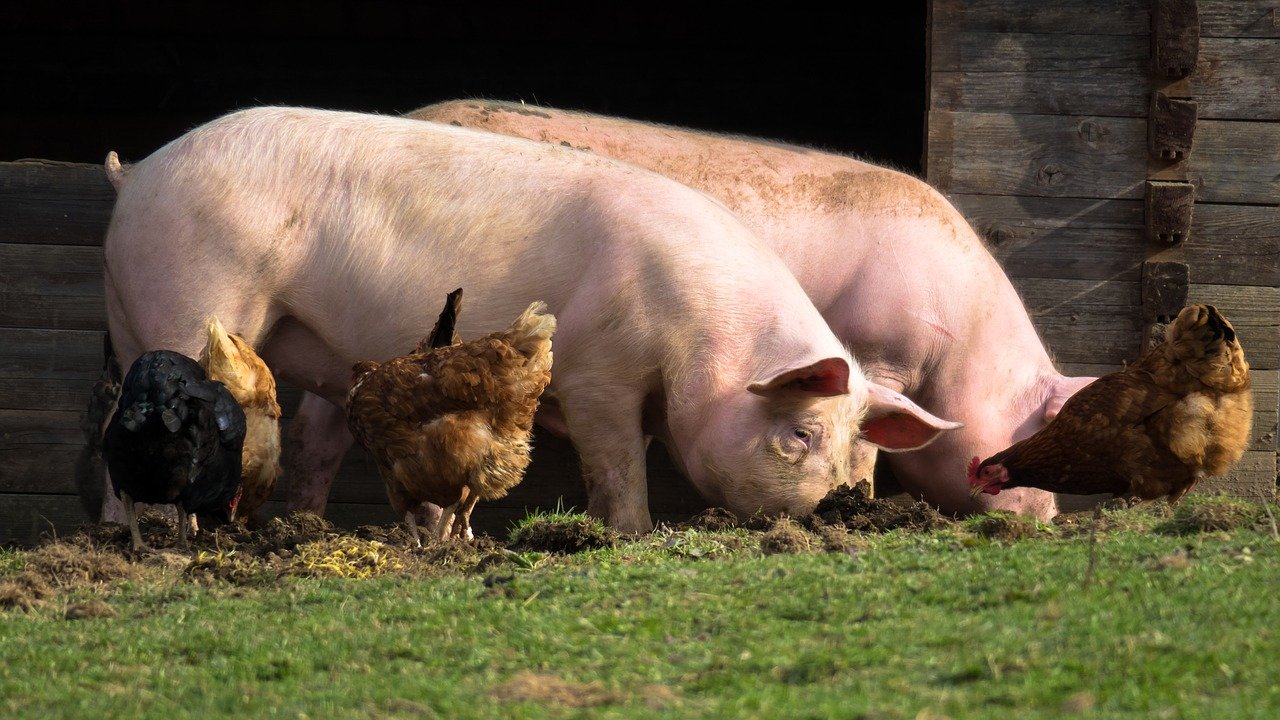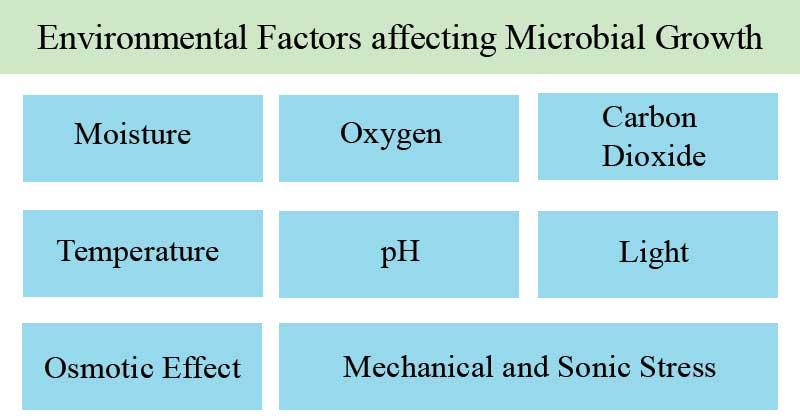What is Soil Bacteria?
Soil bacteria are of the plant classification and a subdivision of the soil microorganism.
Bacteria are single-cell organisms that are more numerous in the soils and they are very important in various soil processes.
Soil bacteria and most other micro-organisms are of many benefits to plants, playing essential parts in the circulation of nutrients.
Bacteria are important in the soil in the following ways (function)
They hold the monopoly on some basic enzymatic transportation
a. Nitrification e.g Nitrosomonas and Nitrobacter oxidizes nitrites to nitrate
b. Iron bacteria e.g Thiobacillus
Others may be harmful either competing with plants for nutrients or causing diseases.
While soil bacteria are beneficial to plant, the growth of the bacteria population should be well managed.
Factors responsible for Soil microbial Population
There are quite a number of factors affecting soil microbial populations. Some of these determinants are intrinsic while others are external factors.
The intrinsic factors influencing soil bacteria growth are related to the bacteria while the external factors are driven by nature.
Some of the factors responsible for soil microbial growth are the following.
- Oxygen requirement of the bacteria
Aerobic bacteria require oxygen gas
Anaerobic bacteria use combined oxygen
Facultative types prevail under the 2 conditions above
- Moisture content
The oxygen relationship is an input consideration for bacteria activity in the soils.
Moisture fluctuation in the soil affects the bacteria population and activity at an optimum level is good for the higher plants.
- Suitable or optimum temperature
A temperature range of 33.8°-55.5°c enables moderate bacteria activity.
The extreme temperature may retard or annihilate bacteria.
The growth of bacteria is influenced by such factors as oxygen concentration, soil pH, soil texture, soil moisture, organic matter, and mineral nutrient content.
The number of bacteria present in the soil is variable as many conditions decidedly affect their growth.
The greatest population is in the surface horizons since conditions of temperature, moisture, aeration, and food are more favorable.
The growth of soil microbes generally depends mostly on the moisture content of the soil
- Unfavorable environment
On the basis of energy, some obtain their energy from the oxidation of mineral constituents e.g Ammonium, sulfur, and iron, and to a higher percentage of their carbon from carbon dioxide, these groups are classified as Autotrophic.
However, most bacteria are heterotrophic, their energy and carbon come directly from soil organic matter and are fewer in no comparison to the autotrophic.
Some bacteria (aerobes) cannot live without oxygen while some are strict obligates anaerobes that are growing in the absence of oxygen.








